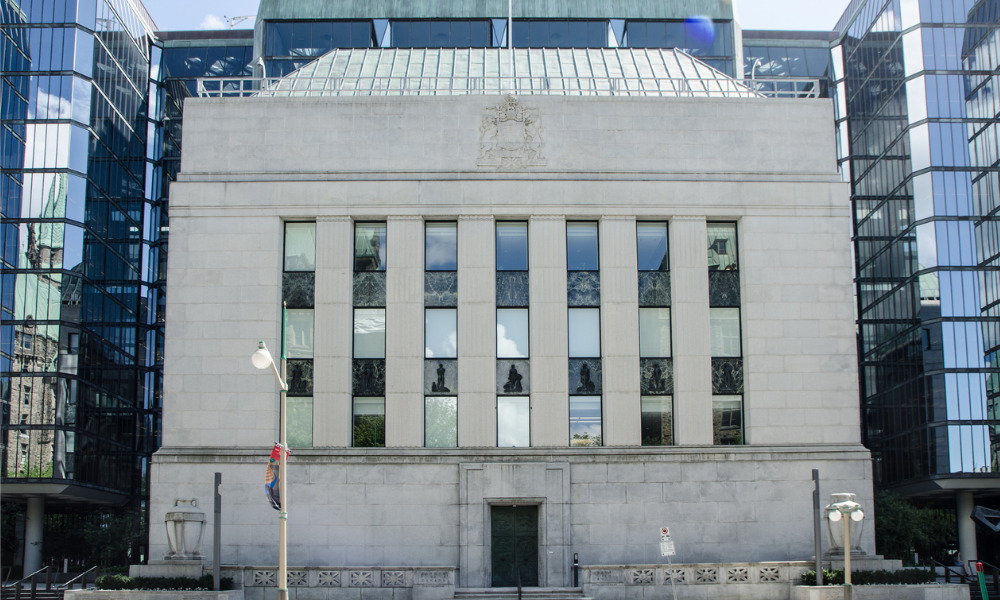Poll also reveals pared-back forecasts on Canadian dollar, which has weakened over 7% against greenback this year

Considering the domestic economy's decreased sensitivity to oil prices and the possibility that the Bank of Canada will delay raising interest rates after the Federal Reserve, a Reuters poll indicated that the Canadian dollar would gain less than originally expected over the coming year.
Since the beginning of 2022, the currency's value against the U.S. dollar has fallen by more than 7%. Even though it outperformed all other G10 currencies, the loonie’s fall has largely occurred since the middle of August.
The median prediction made by close to 30 currency analysts for the Oct. 28-Nov.1 survey showed that in three months, the Canadian dollar will depreciate by over 0.5% to 1.37 U.S. dollars, or 72.99 U.S. cents, down from the October projection of 1.34.
The year-long forecast is for the loonie to rally to 1.31, compared to the 1.30 prediction in last month’s polling.
Read more: Growing recession fears dent Canadian dollar outlook
Bipan Rai, North America head of FX Strategy at CIBC Capital Markets, told Reuters: "We think that when it comes to central bank action that the Bank of Canada is going to end up with a lower terminal rate."
"That implied spread between terminal rates in Canada and the United States will probably have to widen out further and that could take the U.S. dollar higher across the board including against the Canadian dollar," Rai added.
The Bank of Canada raised its benchmark interest rate last week by 0.5 percentage points to 3.75%, falling short of forecasts for a further 75 basis point increase as it predicted the economy, with its oversized housing market, will stagnate over the next three quarters.
The BoC is expected to set a terminal rate of 4.25% in the upcoming months, according to investors, roughly 0.375 percentage points below what is predicted for the Federal Reserve's terminal rate.
Although the price of oil, one of Canada's key exports, may have less of an impact on the loonie than in the past, economists say a potential reduction in global economic uncertainty next year might help the currency recoup some value against the American dollar.
Read more: Weaker link between loonie and crude worsens BoC woes
In contrast to the loonie's losses this year, oil has increased by almost 18%; it rose 55% in 2021.
"All of the volatility in oil prices tends to transmit less today into volatility in the currency than it has in prior periods because the Canadian economy is less levered to the energy sector," said Royce Mendes, head of macro strategy at Desjardins.
When oil prices are high, there is less desire to put money into the ground in the oil patch, Mendes said, which leaves less opportunity for the currency to decline when oil prices are low.


